
Prime Minister Pushpa Kamal Dahal 'Prachanda' has obtained a vote of confidence for the third time in his tenure. He acquired a vote of confidence for the third time in the House of Representatives on Wednesday. With the shift in the power coalition, Prime Minister Prachanda obtained a vote of confidence from the House of Representatives for the third time in 15 months. Out of the 268 MPs present, 157 voted in his favour, 110 people voted against it. Whereas one vote was abstained.
The CPN-UML,CPN- Maoist Centre, Rastriya Swatantra Party, CPN-Unified Socialist Party, among others backed Prachanda. Few independent MPs also supported the Prime Minister. To secure a majority in the House of Representatives, the Prime Minister needed at least 138 votes. He received only 20 votes more. The main opposition Nepali Congress, Janamat Party, Rastriya Prajatantra Party, and Loktantrik Samajwadi Party opposed the Prime Minister. The Nepal Workers Peasants Party abstained in its single vote.
Following the House of Representatives elections, Prachanda led the administration that was constituted on 25 December 2022. Prachanda led the administration that included parties such as the CPN-UML, Rastriya Swatantra Party, Rastriya Prajatantra Party among others, delivered the House of Representatives its first vote of confidence January 10 that year. Along with the presidential election, Prachanda ended his coalition with the UML and began his rise to power with the Congress. After the partnership with UML was shattered, Prachanda sought a second vote of confidence from the House of Representatives on on March 20.
Article 100(2) of the constitution states that the party backing the government must win a vote of confidence within 30 days after withdrawing its support. After Congress withdrew its support, Prachanda faced a vote of confidence on Wednesday in accordance with the constitution.
That unprecedented confidence and today's strenuos majority
This is the third time Prime Minister Prachanda has earned a confidence vote from Parliament during his term. He sought a third vote of confidence less than 15 months after becoming Prime Minister. This tenure has already seen two votes of confidence. To some extent, when he sought a vote of confidence for the first time during his third term, he received remarkable support. Prachanda earned 58.58% of the 268 votes cast on Wednesday. Prachanda received 40.67 percent less votes than the first time. He received 5.6% less votes than the second time around. On January 10, 2022, he garnered exceptional support in the House of Representatives. Prachanda, who was chosen Prime Minister on December 25 with the backing of 169 MPs, won a vote of confidence from 268 members of the House of Representatives. For the first time, Prime Minister Prachanda received 98.18% of the votes in the 275-member House of Representatives. The Prime Minister received 99.26 percent of the votes polled. After gaining the trust of the main opposition Congress, Prachanda became Nepal's second most powerful Prime Minister in history, receiving more than a two-thirds majority.
Previously, in 2051 B.S., then-Prime Minister Manmohan Adhikari had become unanimous.
However, when Prachanda sought a vote of confidence for the second time in the same term, his support declined. On March 20, 172 MPs from the House of Representatives handed him their second vote of confidence. 262 MPs participated in the voting procedure. Reaching the third time, the parliament’s confidence has dwindled even further. This time also, he was able to gather majority. But, to acquire a decisive majority in parliament, he needed to butter up the unified socialists.
Almost a majority by 2064 B.S., to "32-seat Maoist"
There is a lot of discussion about 32 seats in Nepali politics right now. Maoist Center is the party with 32 seats in the Parliament. The Maoist party, which currently has 32 seats, was previously the first party in parliament. In the 2064 Constituent Assembly elections, the Maoists became the first party to win a majority. As the first party, the Maoists established a coalition with the UML to create the government. With this, Prachanda became the Republic of Nepal's first Prime Minister. He was in office until 2066. He resigned the administration over the issue related to then Chief of Army Staff Rukmangat Katuwal.
The first Constituent Assembly was unable to create a constitution. In the 2070 election, the Maoist centre failed to gain even a fifth of its earlier success. In the 2070 election, the Maoists finished third. Even though the Maoists finished third, Prachanda's climb to power continued. Following the adoption of the constitution, he was appointed Prime Minister for the second time.
After 10 years of people's war, the Maoists joined the peace process and gained parliamentary representation by winning 50 percent of the seats in the 2064 Constituent Assembly elections. However, from 064 to 2079, it is on a steady decreasing trend. Since 2064, the Maoists have consistently lost popular support and public opinion following each election. The Maoists have formed multiple partnerships in the legislative elections to ensure the party's survival.
"My responsibilities have increased."
Prime Minister Prachanda has said his responsibilities have grown bigger with Parliament's third vote of confidence. Following the vote of confidence in Parliament on Wednesday, he spoke briefly with the media and shared about the increased duties. He stated that it is his job to perform well on behalf of the nation and the people on a timely manner. He asserted that he received the vote of confidence in a democratic and reasonable environment.
He also recounted his experience gaining the backing of the full House. "The first experience was when I went to Balkot at the last minute and became Prime Minister with the backing of KP Oli and others. After returning to the previous alliance for the second time, I gained nearly unanimous support. "It was an extraordinary and unprecedented event in Nepal's history that the vote of confidence was supported by all but two members of the House," he remarked. I also felt a great and joyful sense about having the entire House's backing.
Three times, three different emotions and experiences. Today, with a new political equation, the experience of voting on the proposal was more democratic. My responsibilities have risen. It is our job to do good for the nation and its citizens. The duty has been placed on my shoulders. I'd want to convey my thanks to the House, he shared.

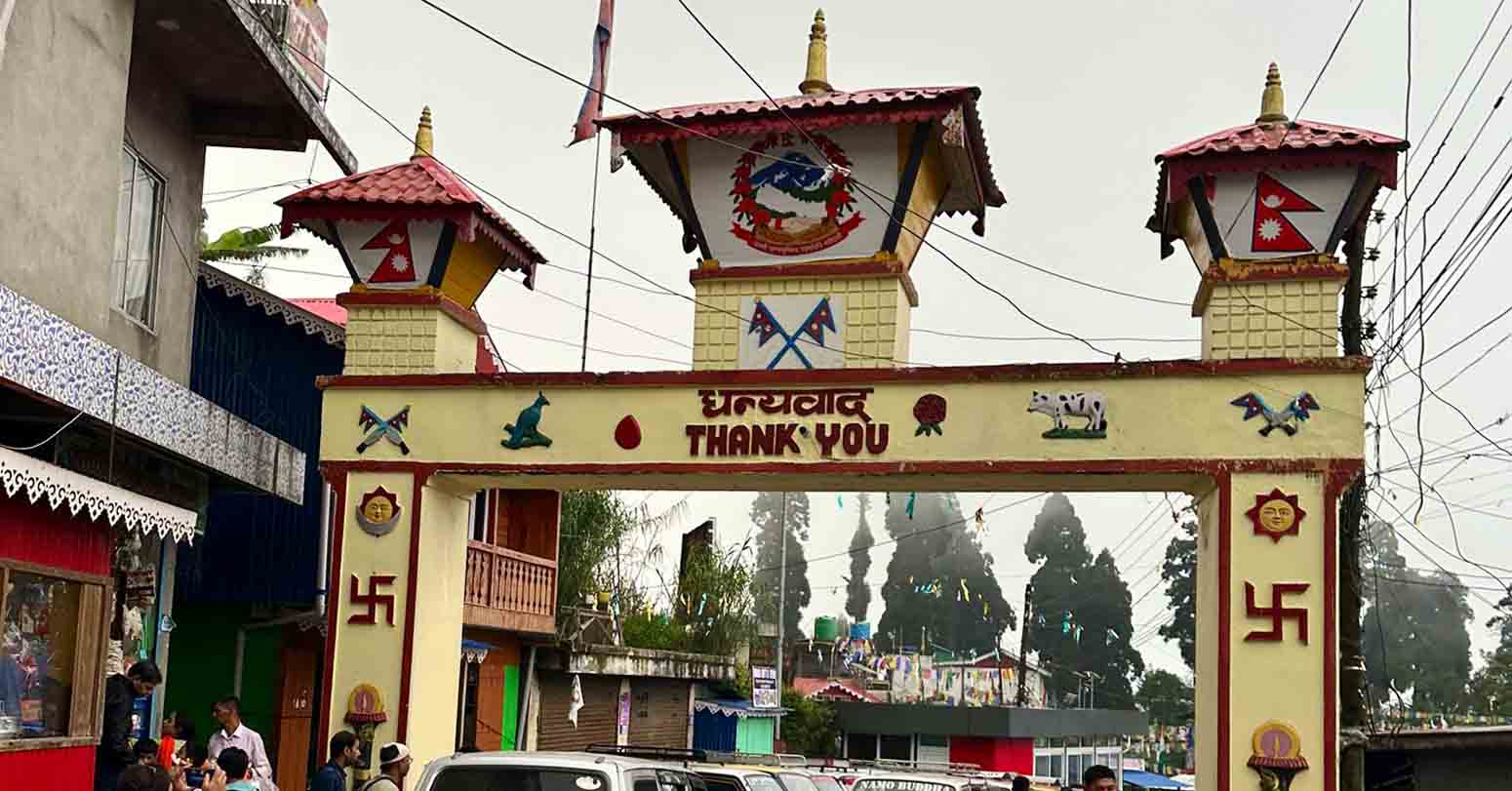
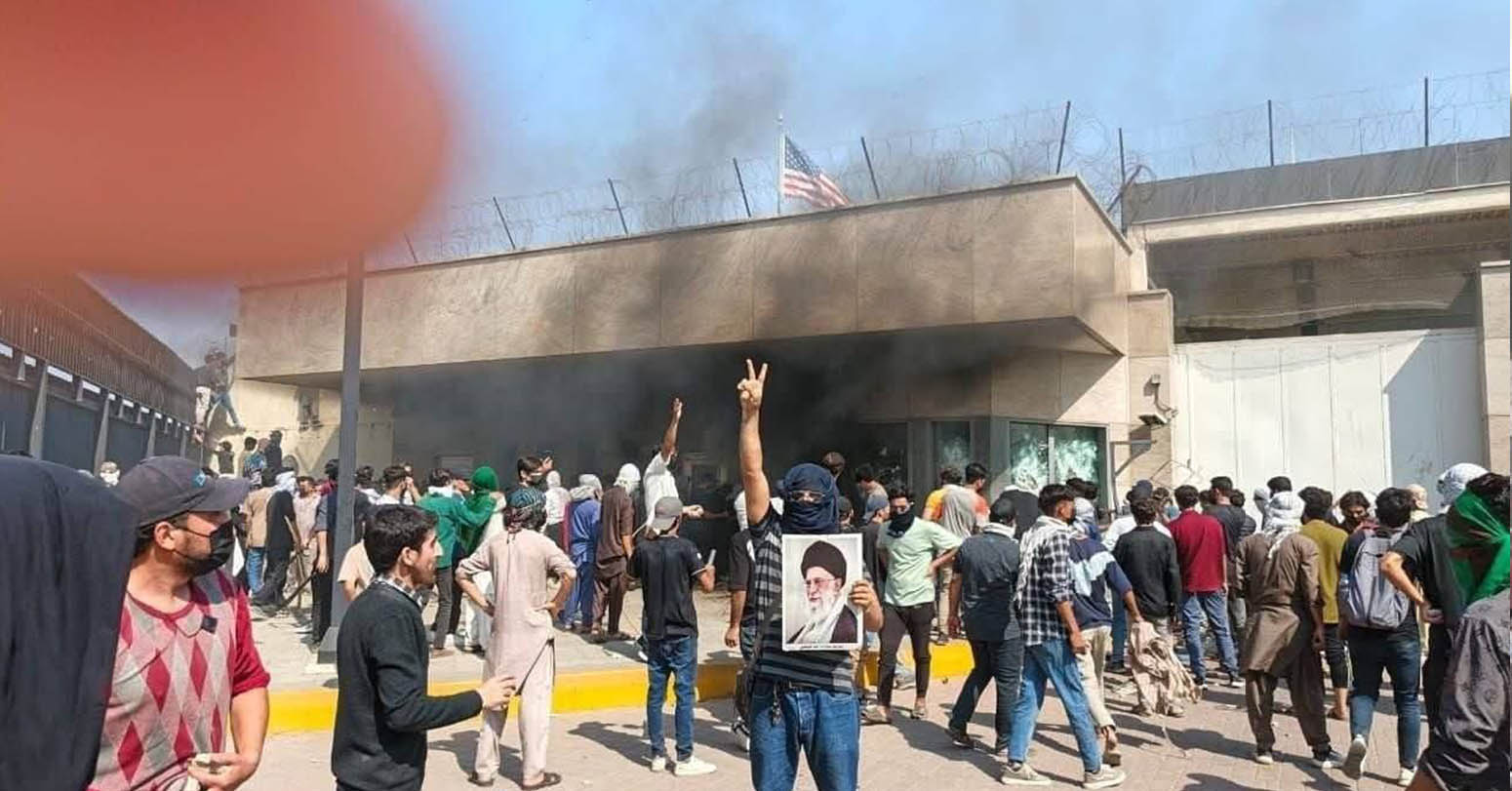
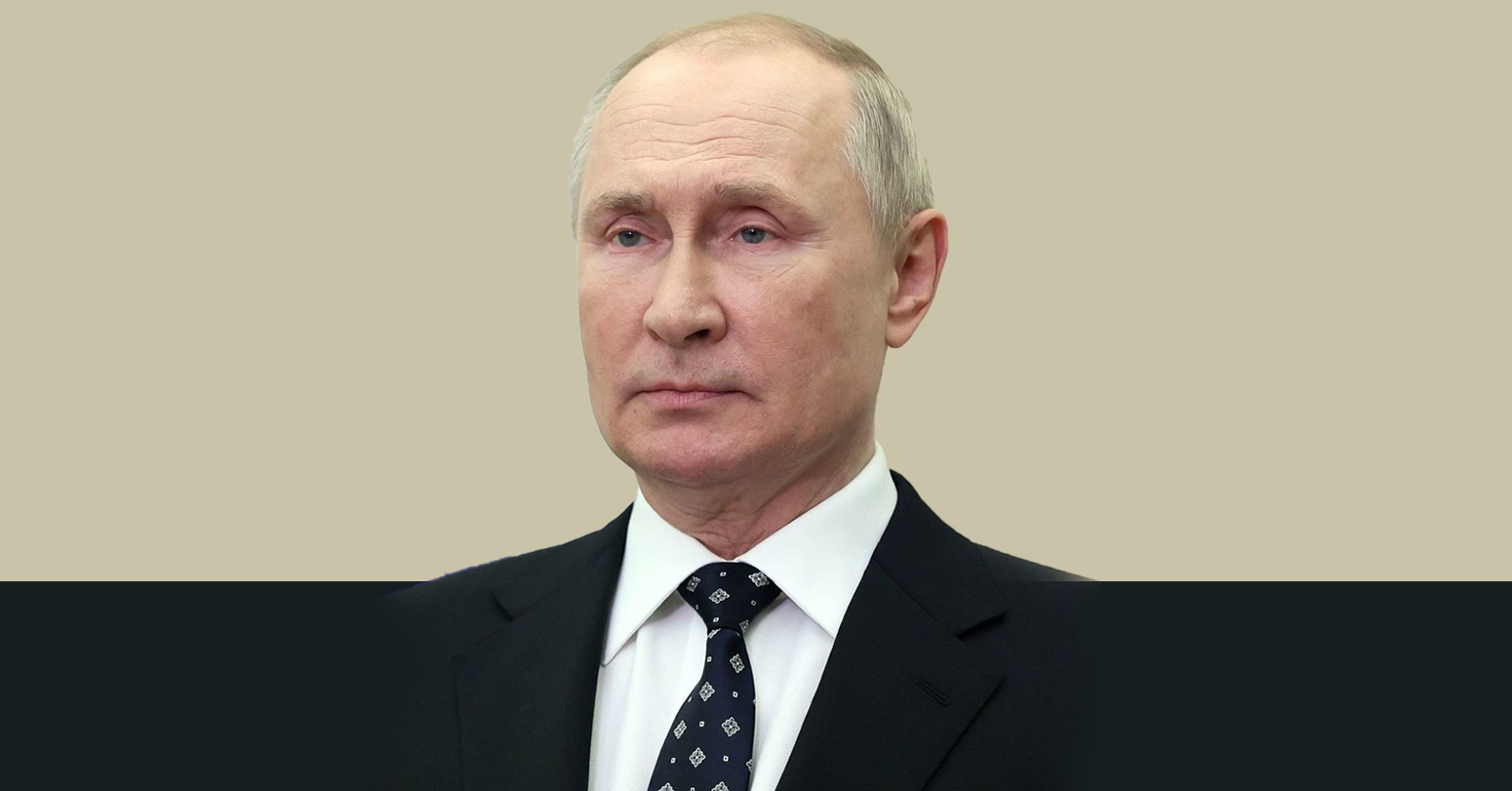
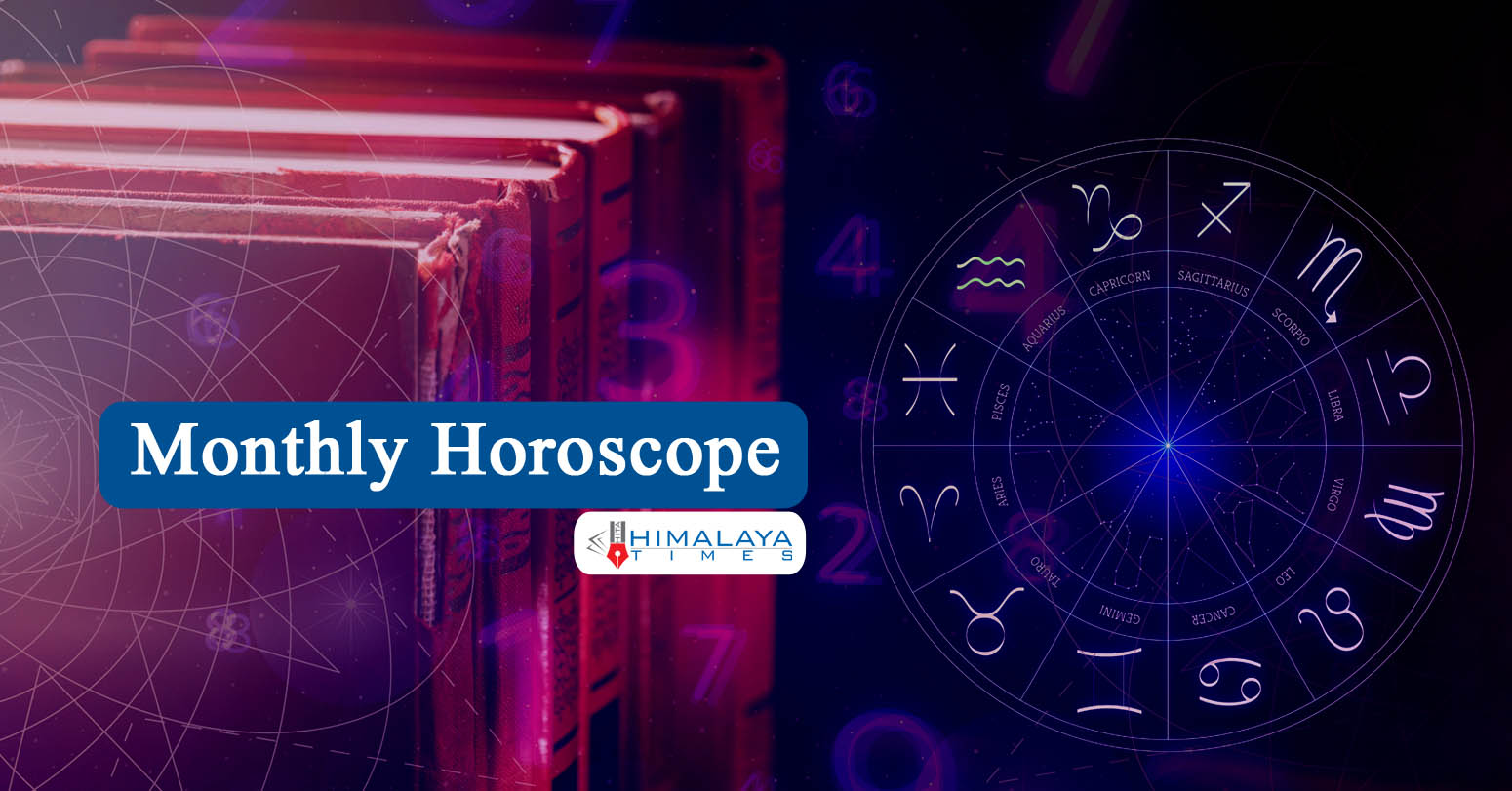
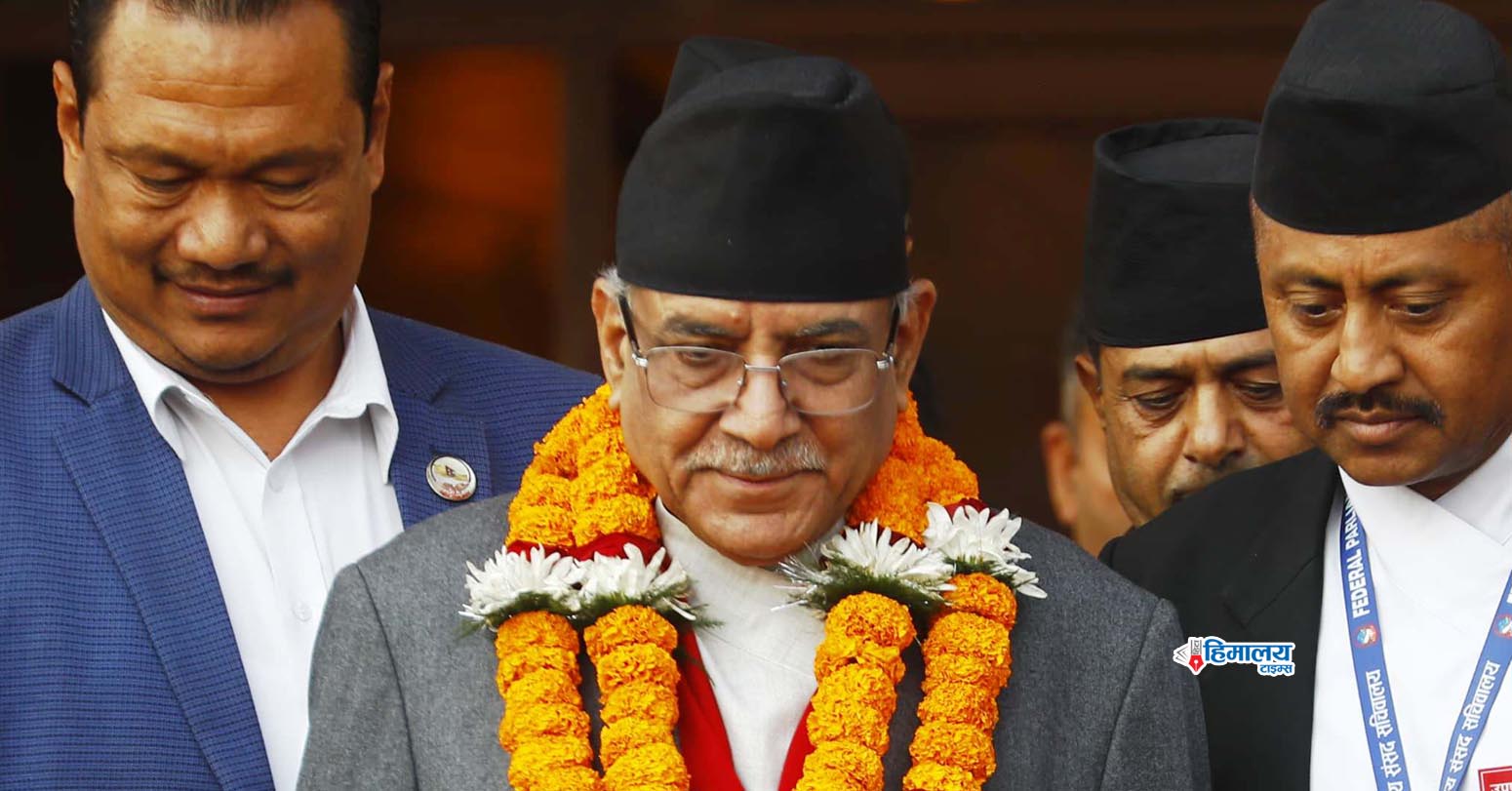
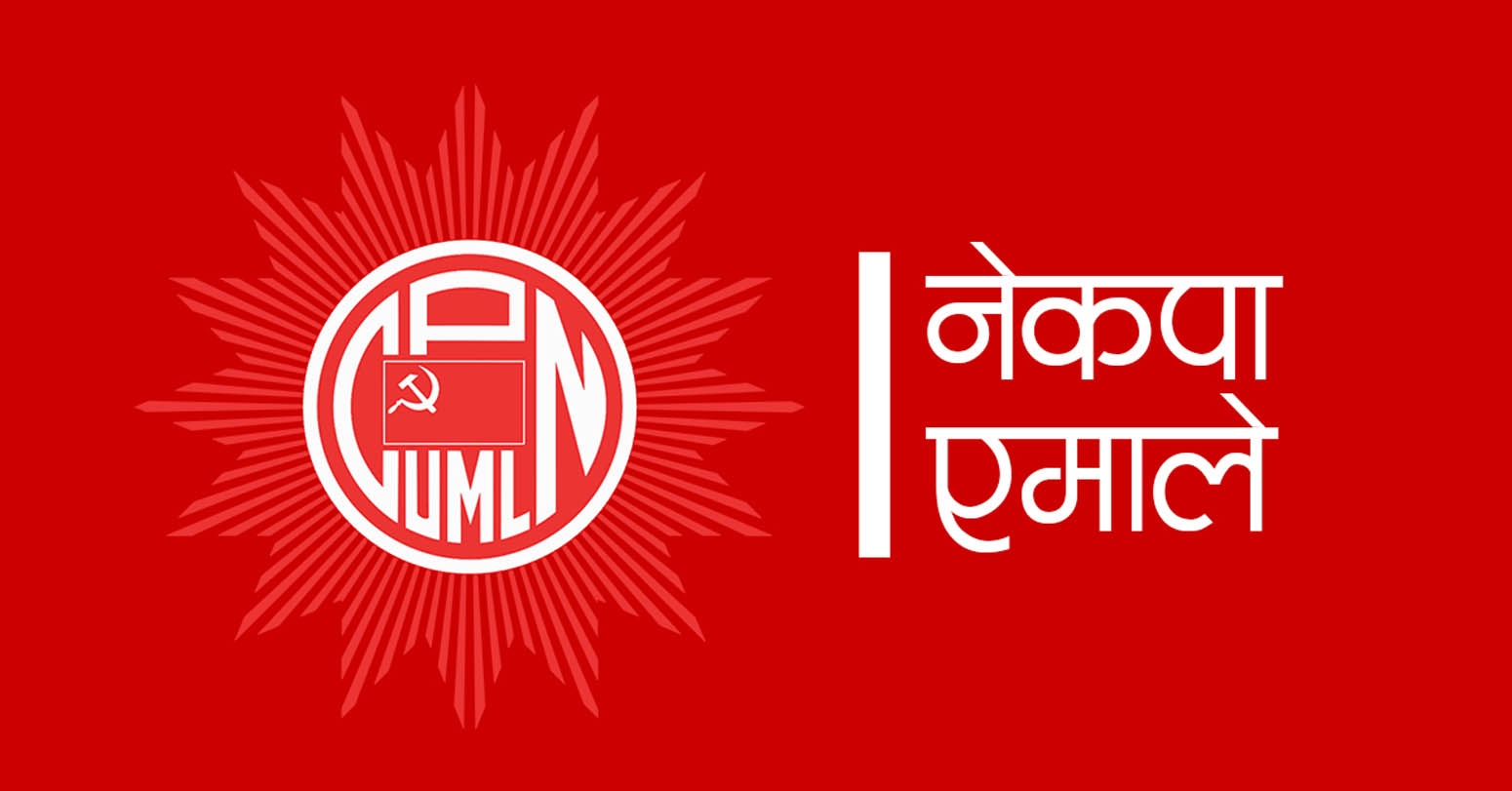
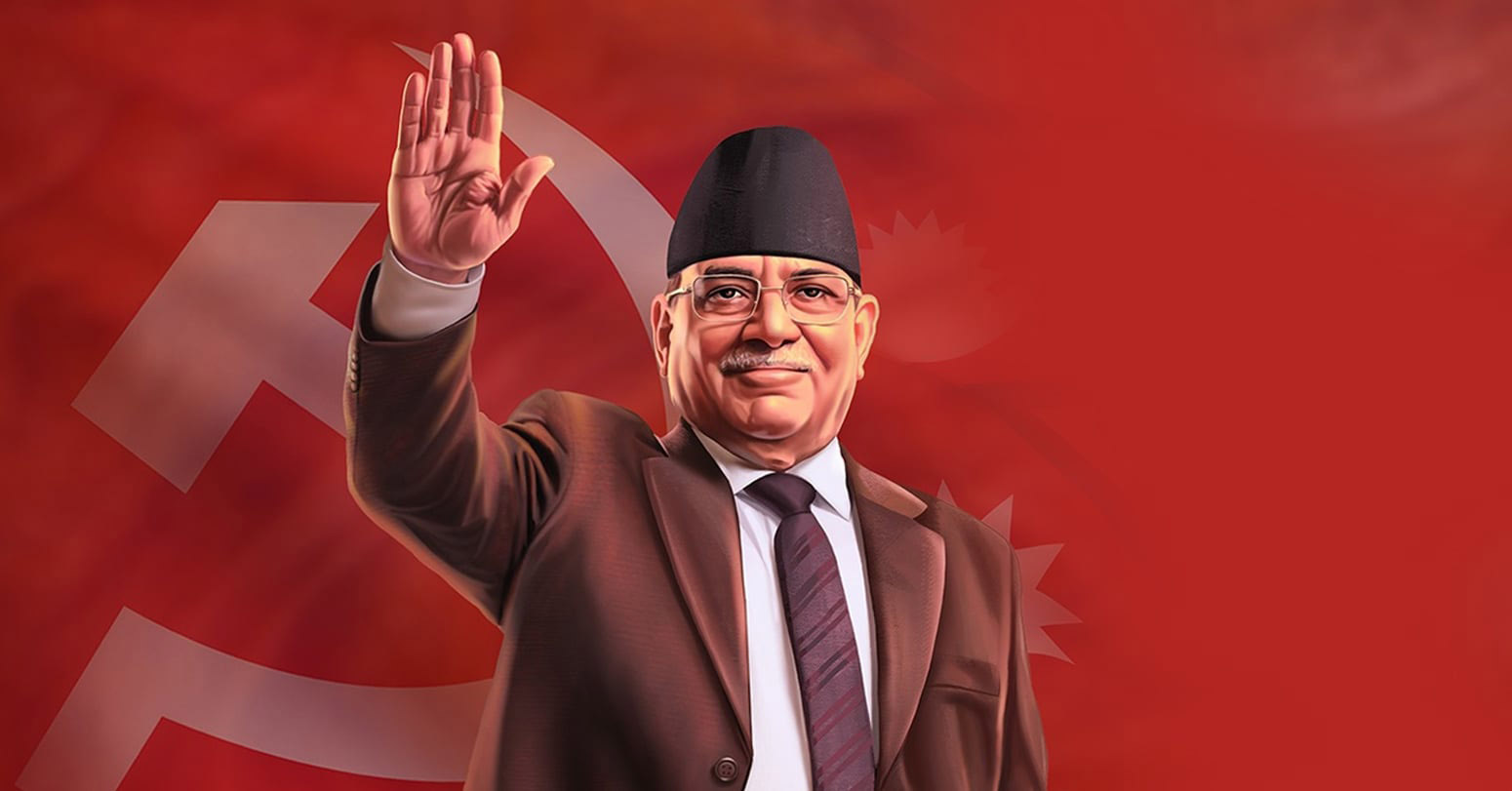
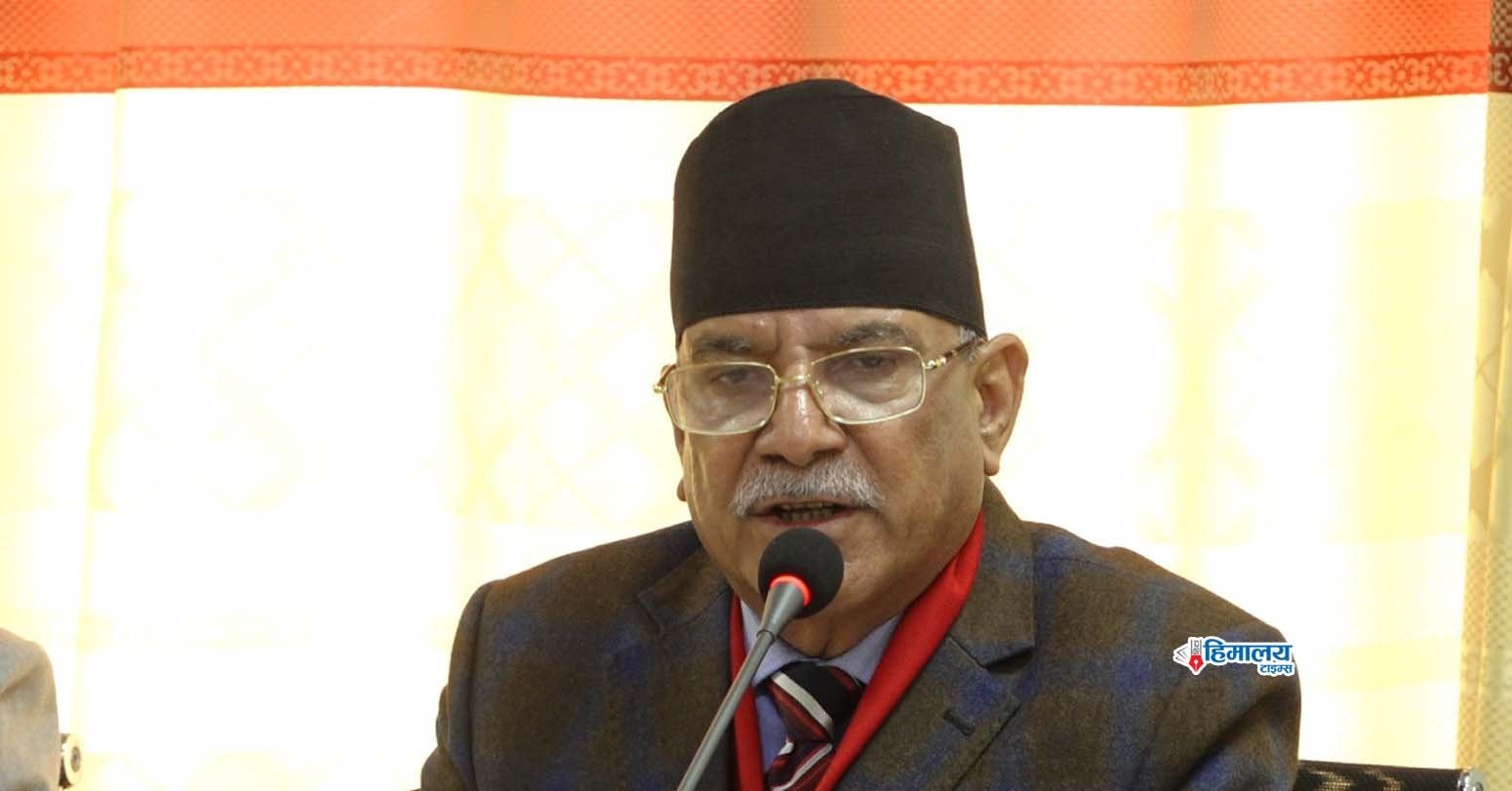
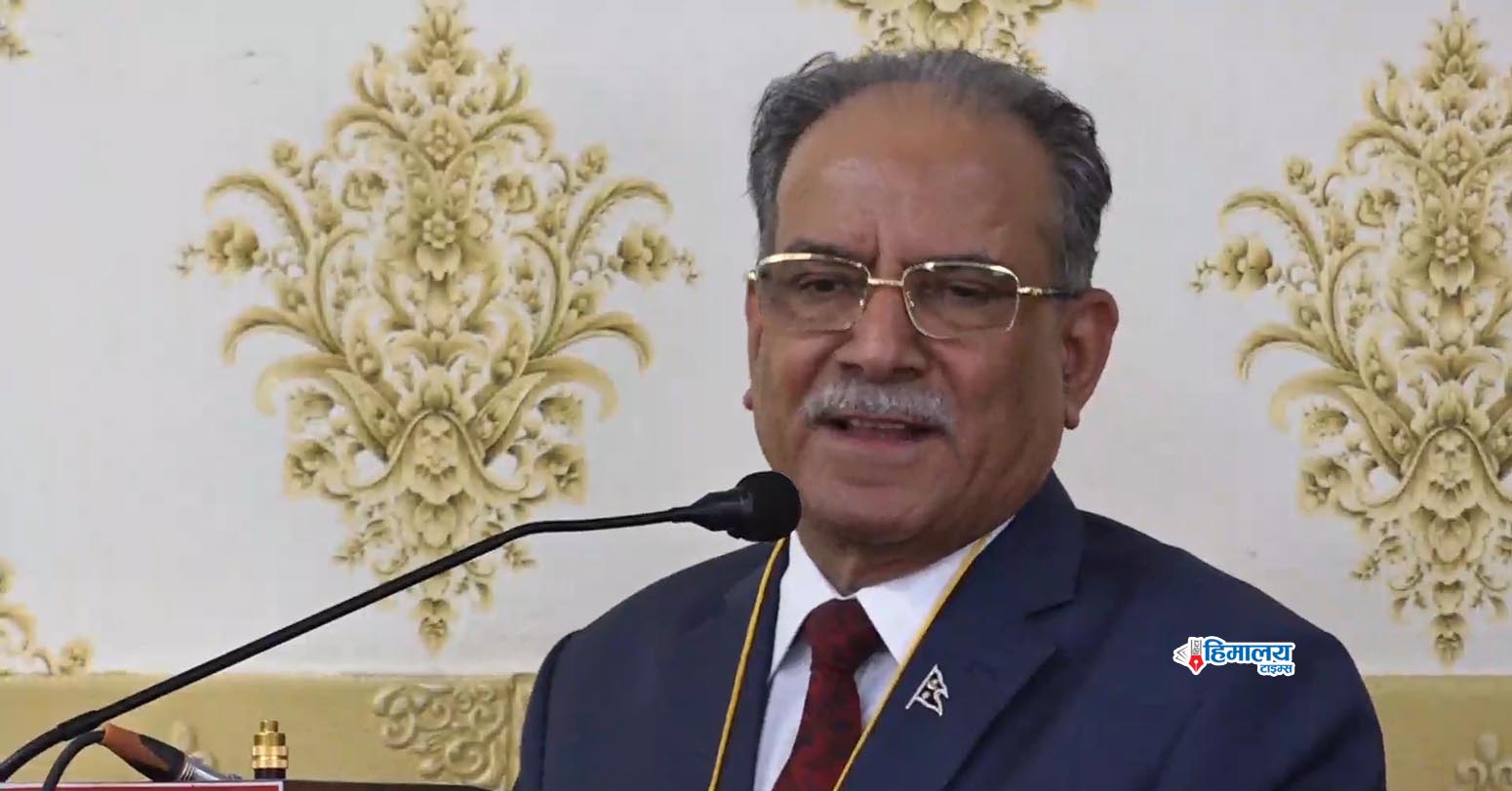




Middle-aged man spends millions to
Dr. Dharam Raj Upadhyay: Man
Children, Greatest Victims Of Sudan’s
Breathing The Unbreathable Air
Comprehensive Data Protection Law Critically
Gender Differences In Mental Healthcare